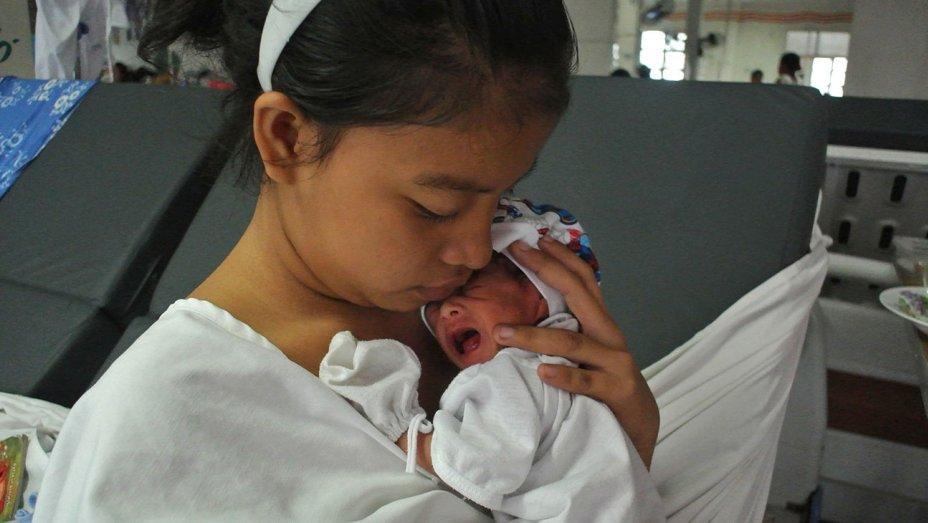Crime + Punishment
Crime + Punishment Director: Stephen Maing. Watched on: Hulu. Rating: 3.5/5. You can tell that director Stephen Maing has studied his Serpico, The Conversation, and Prince of the City, those great fictional films from the ‘70s and early ‘80s that seethe with atmospheres of graft, corruption, menace, and surveillance; the sinister forces conspiring against lone heroes, the whistleblower, the watcher, the listener. I’ll remember Maing’s extremely well-made Crime + Punishment more for this authentic conjuring of those superior films than I will for the story he tells. Not so much because the story isn’t worth telling, but because he keeps telling it over and over. The movie’s main flaw is repetition, and maybe a bit too much self-indulgence in the area of transitional pauses, those moments that most documentaries fail to register, when characters (and viewers) need to catch their breath or reflect on the story's developments. There are also the unnecessary drone flyovers of New York precincts. These shots announce the film’s big budget, but little else. Maing clearly loves these interstitial segues. But they often suggest more of an indulgence on his part than a necessary element in the narrative flow. He also enjoys filming drivers in their cars, framing close-ups of their hands and rearview mirrors and darting eyes, while they talk in voice-over or aloud to the ride-along cameraman. And he relies a lot on hidden microphone audio, which gives the film a sense of low-grade danger. But as audacious and revealing much of it is, it's also excessive, a little [...]


